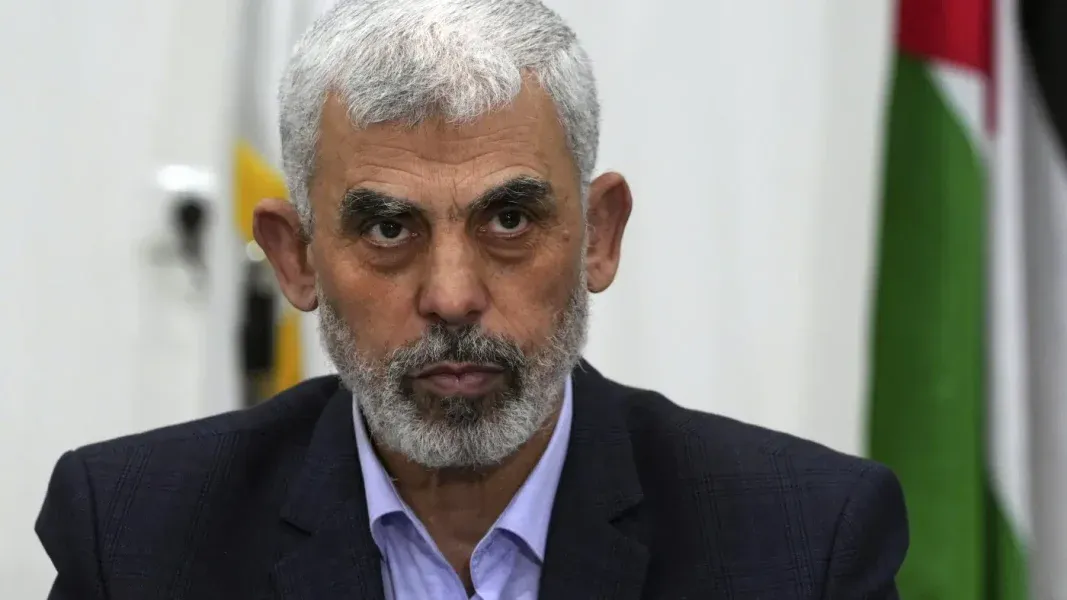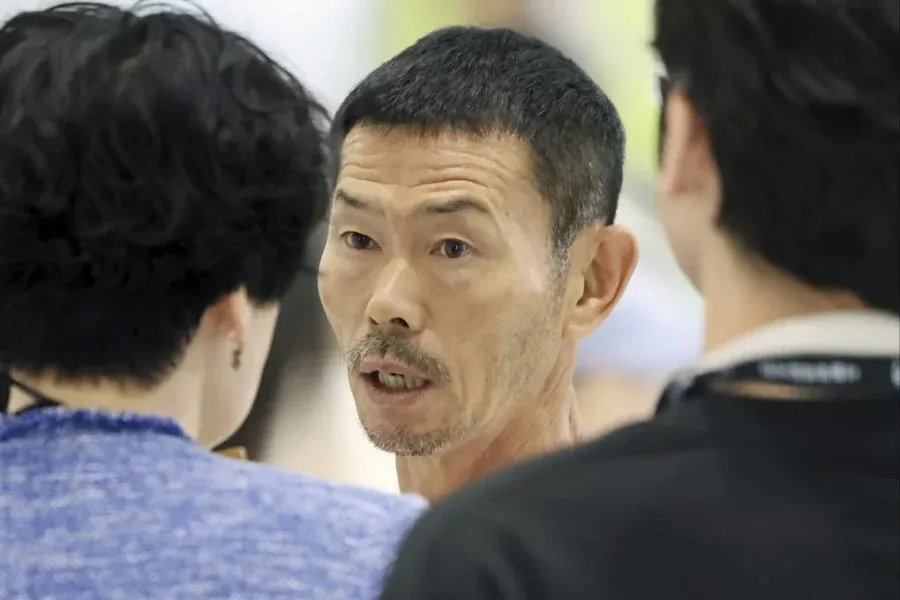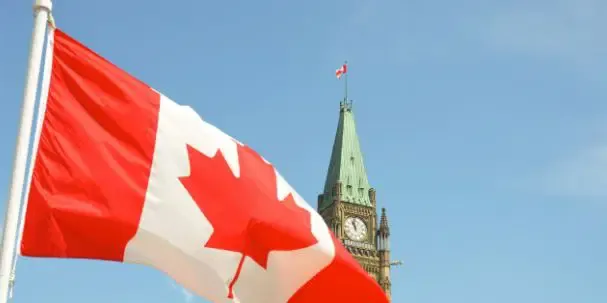The city of Khan Yunis in Gaza witnessed ongoing intense fighting on Saturday, as Israel’s military continued its operations targeting the Palestinian militant group Hamas. Residents in the area have been forced to flee further south due to the relentless hostilities.
This sustained conflict coincides with escalating tensions between Israel and the United Nations Relief and Works Agency for Palestinian Refugees (UNRWA), which has played a pivotal role in providing humanitarian aid to the war-ravaged Gaza Strip.
On Friday, UNRWA announced the dismissal of several staff members who were accused by Israel of being involved in Hamas’s attack on October 7. As a result, some key donor countries have decided to suspend their funding to the agency.
Israel’s Foreign Minister, Israel Katz, emphasized on Saturday that Israel aims to ensure that UNRWA, which provides essential services such as education and healthcare to Palestinians in Gaza, will not play a role in the post-war period, following one of the bloodiest conflicts in the region’s history.
The recent decision by the UN’s International Court of Justice (ICJ) ruled that Israel must prevent potential acts of genocide during the conflict and allow the entry of humanitarian aid. However, the court stopped short of calling for an immediate ceasefire.
Israel initiated its military campaign shortly after Hamas’s attack on October 7, which resulted in approximately 1,140 deaths in Israel, with the majority being civilians, according to official figures. Hamas militants also took around 250 hostages, with Israel reporting that approximately 132 of them remain in Gaza, including the bodies of at least 28 deceased captives.
Israel has made a commitment to dismantle Hamas, while the Gaza Strip, under Hamas’s rule, has reported that the Israeli military offensive has led to the deaths of at least 26,257 people, predominantly women and children.
The conflict has created dire conditions in Gaza, with sewage flooding the streets and people living in tents amid “conditions of desperation conducive to a complete breakdown in order,” according to Ajith Sunghay of the UN Human Rights Office.
Images from AFP Television (AFPTV) showed individuals navigating ankle-deep water around plastic shelters resembling tents in Rafah, where the threat of bombardment persists. A displaced Gaza resident, Mohammed al-Shaer, stated, “There is nowhere safe in the Gaza Strip,” as he stood inside an apartment with a blown-out wall, debris surrounding a child’s bed.
Within Israel’s war cabinet, Netanyahu’s failure to secure the return of hostages held in Gaza has led to growing protests and calls for early elections. Criticism has also been directed at the UN during the ongoing conflict.
Tensions between Israel and UNRWA have been strained for years, further exacerbated after the agency condemned the shelling of one of its shelters in Khan Yunis on Wednesday, resulting in the deaths of 13 people.
Following UNRWA’s announcement of staff dismissals, the United States, a primary contributor to the agency, suspended funding. Other donors, including Britain, Finland, Canada, Australia, and Italy, followed suit.
Hamas has urged the international community to disregard Israel’s threats to halt UNRWA’s operations in Gaza. The Palestinian Authority has called for “maximum support” from donors for the agency’s vital work.
Reports have emerged of a “massive tank bombardment” targeting a refugee camp in Khan Yunis and Nasser hospital, the city’s largest medical facility. Doctors Without Borders (MSF) reported that surgical capacity at the hospital was “virtually non-existent.” Another hospital in Khan Yunis, Al-Amal, has come under siege with heavy gunfire, according to the Palestinian Red Crescent Society. It later reported that Israeli forces shot and killed a man at the hospital’s emergency entrance.
The Israeli military has accused Hamas of operating from tunnels beneath Gaza hospitals and using medical facilities as command centers, a charge that Hamas denies.





